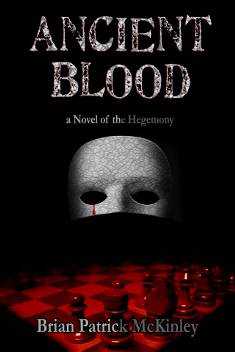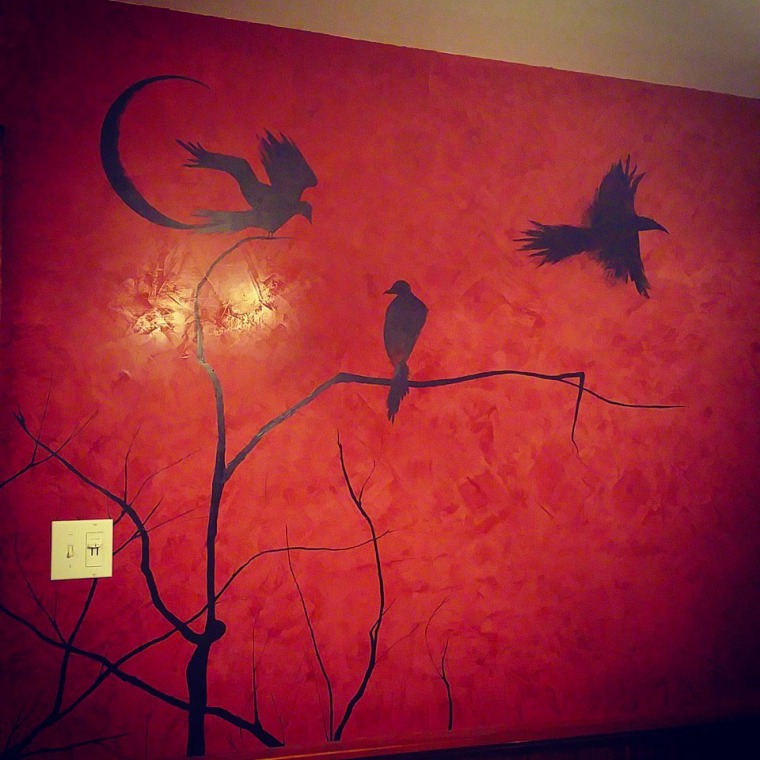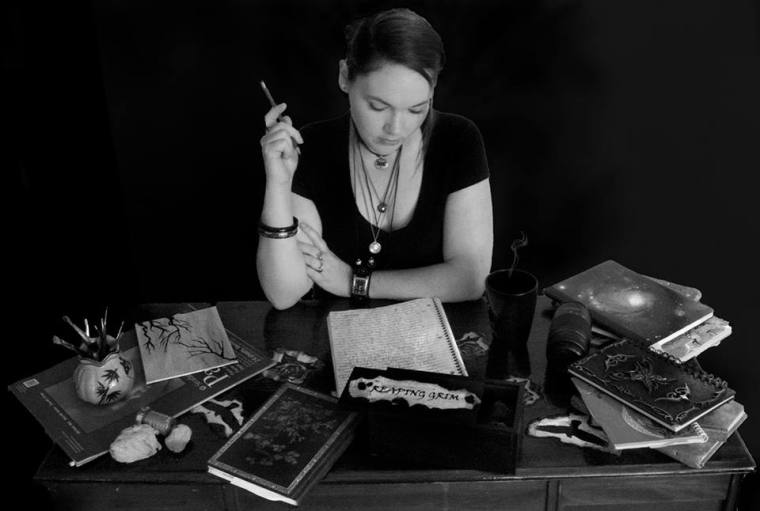Hello! I am very excited about some ongoing projects and I wanted to stop for a moment and tell you what I am doing. I am creating a Media Kit, or a Press Kit if you will.
I want to cut right to the chase today, so let’s dive in.
Have you ever heard the term ‘media kit’ or ‘press kit’? If so, you’re a step ahead of the game. Feel free to scroll down to THE LIST of things that can go into your media kit.
If you’re still here then that’s great. We’re going to learn about media kits and prepare one. Mine is very very old and very very very outdated, thus I need a new one. I am going to track my progress building one and post all the tidbits here when it’s done. In the meantime let’s talk about what a media kit is and what they’re most commonly used for, and most importantly WHY they are so vital, and such time savers. So many ands. Sorry bout that. It’s 3 am.
The first question you are probably going to ask yourself starts with a rebuttal I bet. “I don’t need a press kit… Or do I?” Yes. Yes you do. I will explain why but trust me, you do.
Quick note: These are especially important for authors who write non-fiction, as this will also be a part of your query package to agents and editors. (Though certainly EVERY professional needs one)
What is a media kit?
A media kit, often referred to as a press kit in business environments, is a pre-packaged set of promotional materials of a person, company, or organization distributed to members of the media for promotional use. They are often distributed to announce a release or for a news conference, blog tours, marketing campaigns, interviews, and more.
A press kit is like a resume for you and your company. You may include pictures of yourself or team, logos, pictures of store fronts or products & merchandise. The goal of the press kit is the same as all other marketing that a company or individual does. It should grab the reader’s attention, make a lasting impression and create interest. It needs to answer questions clearly and beautifully. Remember, getting attention is important not only with audiences, but also with editors and business professionals. Package your materials in a unique way and make sure the materials are presented professionally. Like yourself at an interview or your resume on paper you want to present yourself and your work professionally as well as stylishly. No- that’s not to mean pink scented paper, but if that’s really important to you, I say go for it. Just make sure you thank it over for a while first. I mean after all what if your business is pink scented stationary?
What goes in a media kit?
There are many items that can go into a press or media kit, depending on the situation, the audience or the use. A media kit for potential investors is much different than a kit for potential clients. If I need your help as a person or help from your company to support me and my company to get off the ground, I am not sending you my media kit for you to buy my novel and the custom painted artwork that was created for the novel specifically.
Only put information that is current and most relevant to your target reader. Unless your business is selling a gourmet candy, I don’t need to know you were a chef for twelve years if you’re asking me to support you. And bottom line that is what a media kit is for. It is a TOOL that allows people the information and supplies needed to support us, be it buying our product or investing to grow the company or individual’s entrepreneurship.
You may end up with zip files of different media kits for different purposes. That’s FANTASTIC if you are that organized because then you are much less likely to need to make big changes, if any changes, between needing the press kit for all sorts of reasons. And yes, as an indie walking the professional industry as a lone wolf or an indie starting their very own Fortune 500 Company you are likely to have the need for media kits which contain different types of material for different purposes.
For simplicities sake, we will be referring to you/your business as ‘the company’. It sounds mysterious. I like it.
THE LIST
- Letter of introduction: Who are you, what are you doing here, and why will they give a damn.
- Mission statement: What you do – Why you do it, what makes this important – Missions – goals and objectives.
- Images of the company: You, your team, events you’ve participated in, booths, logos, products, e-business cards, affiliate image links & HTML thingiebobs.
- Information on the company:
- Product and service information, including a product, service or performance review: Samples or examples. Screen shots. Pictures. An order form. If this is a physical media kit being delivered to a store include samples of the product for them to offer to potential buyers AND some product for the owner / manager to keep for themselves as a thank you gift for considering you or hosting you. – HOT TIP: Any gift you can provide to whoever you are giving your media kit to for whatever purpose is only going to benefit you! Don’t bribe them. Thank them. (AUTHORS: This includes your synopsis, query/blurb, 3 sample chapters.)
- Recent publications/press/articles: What I generally recommend is a pleasant and informative page of links to these things with a small 1-3 sentence paragraph describing what it is and who it’s hosted or sponsored by. However this can also include audio and video files of radio or TV interviews, guest vlogs, speeches, podcasts, performances and any other media-covered event.
- A sample news story: This is your chance to guide the media or your reader. Some editors will even print it verbatim, as they view ready-to-print articles as an easy way to fill up space with little effort on their part. They do, of course, usually edit these stories, so be prepared.
- Brief Interview Q & A: Just some favorite interview questions with unique, detailed but quick answers.
- Awards
- If you do community service associated with your career type you may include information on the charity and what services and aid you provided. Do not include tax deductible donations cause then you look like a bragging ass.
- Specific information and schedules of upcoming promotions and events. Include links if available to the event or cause. If the event is for a benefit or cause include a paragraph about the benefit in addition to any links.
- Factual background material: If you have masters in literature and you’re writing a book, say so. If you are a vet selling a product to help animals, show your doctorate off. Dig deep.
*Our Critics*
- Get ready, this is a big one. Feature article material: BE USEFUL. Can you provide 500 words on a topic that will benefit someone in the same field?
- How to utilize SEO for your field specifically for example.
- How to convert to Epub and Mobi.
The world wants to learn things. Teach them. How do you make candles, soap?
After you have delivered or sent or mailed or whatever’d the media kit allow a couple of days for them to receive it or get to it, then FOLLOW UP. Be polite and brief. All you’re doing is making sure they received it. One great way to do this for a physical media kit is to include a custom made or pretty little postcard already post marked confirming they received the kit that they just need to drop in the mail. Write it out for them. “We received your press kit.” Boom, done. You can rest easy knowing it’s in the right hands and not be pushy about it. If your press kit is going through the world wide web delivery system then the postcard is out of the question. Some companies have an automatic reply “We got your stuff”, some don’t. If they don’t allow 3 days for them to find it in the in box, (days off for people are not just on sat and sun.) then email them. “Hello, just wanted to make sure you got the stuff. Thanks for your time”
Don’t come across pushy or rude. Not everything happens as fast as we want it to. Patience is a virtue. Be generous with time for these things.
EXCEPTION TO THE RULE: Some businesses state on their company home pages or somewhere that you should NOT follow up or call or fax or email or walk in to ask if they got your stuff unless you are otherwise directed to.
Okay, you have the information to get going on this. Right now. Come on. Get to it. Even notes on a napkin if that’s your option. Take a step, and set yourself up to complete this. Goal setting is crucial to every step of our careers. Set a realistic date to have your first or base media kit created by.


 A law affecting lesbian, gay, bisexual, and transgender (LGBT) people in North Carolina has spurred more than 260 authors and illustrators of children’s literature to write an open letter to young readers in the state.
A law affecting lesbian, gay, bisexual, and transgender (LGBT) people in North Carolina has spurred more than 260 authors and illustrators of children’s literature to write an open letter to young readers in the state.

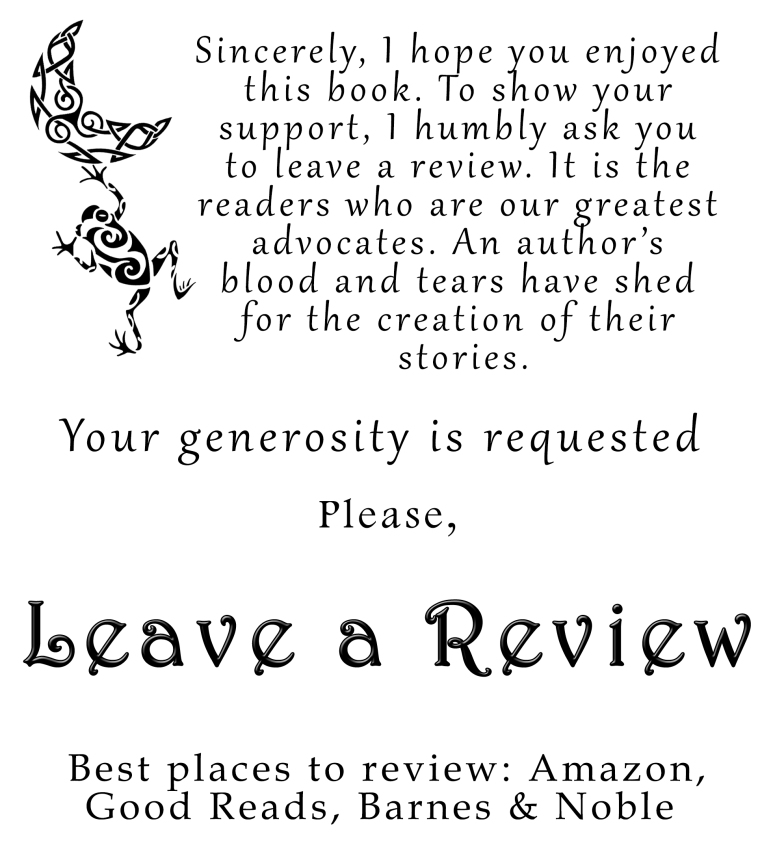








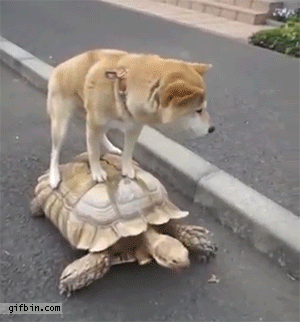
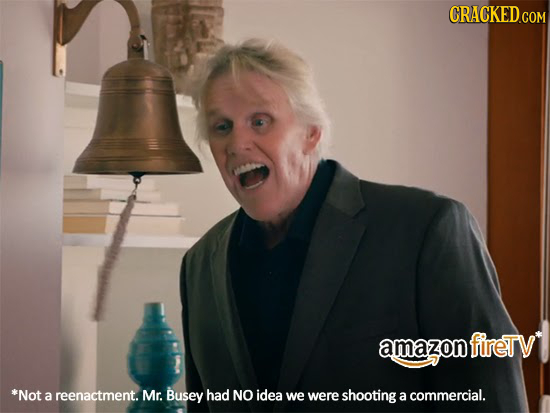
 As any career writer will tell you, there is a degree of luck involved to being discovered and becoming popular or recommended, but a body of existing work is the best way to not only become successful but to be ready for it. But I offer a counterpoint for the writer who has already written:
As any career writer will tell you, there is a degree of luck involved to being discovered and becoming popular or recommended, but a body of existing work is the best way to not only become successful but to be ready for it. But I offer a counterpoint for the writer who has already written:
